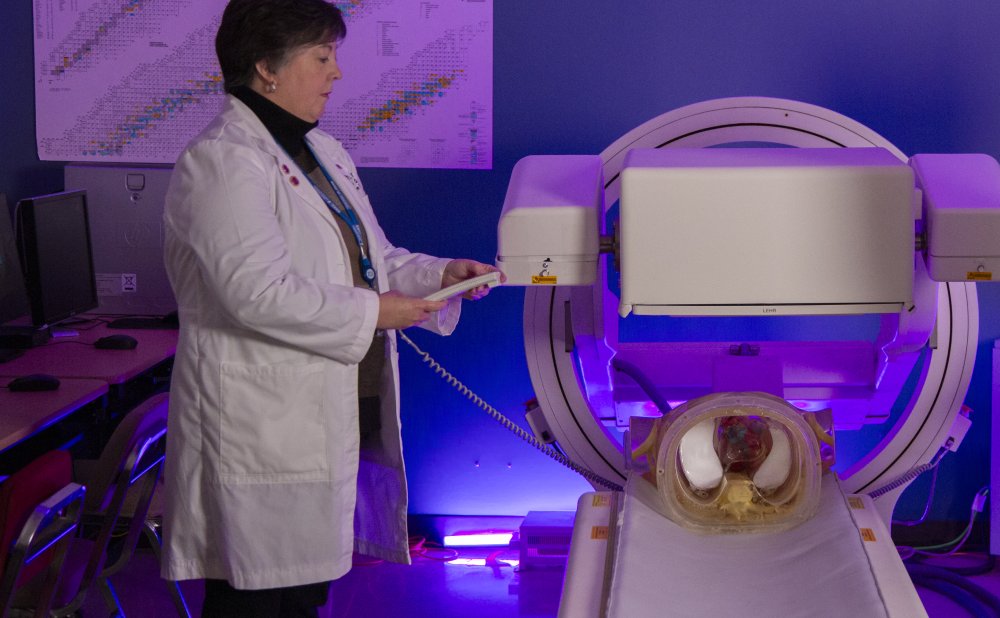Debunking the Top 3 Myths About Nuclear Medicine: Insights from the Program Chair at Baptist University

Nuclear medicine is one of the most misunderstood yet vital areas of health care imaging. To shed light on the facts, Program Chair of Nuclear Medicine at Baptist University, Donna C. Mars, EdD, CNMT, NCT, addressed three of the most common misconceptions about this innovative field, revealing why it’s safer, smarter, and more essential than ever.
Myth 1: “Nuclear medicine is dangerous and exposes patients to high levels of radiation.”
This is one of the most persistent misconceptions. Despite the name “nuclear,” nuclear medicine procedures are extremely safe. The amount of radioactive material used is minimal, often less than what’s received from many other diagnostic imaging tests.
Patients are exposed to only small amounts of radioactivity, and the exposure lasts for a short period of time.
Myth 2: “It isn’t safe to be around someone after they’ve had a nuclear medicine procedure.”
In reality, the amount of radiation a patient gives off after a typical scan is extremely low and poses no significant risk to others. Patients can safely resume their normal activities, including spending time with family, immediately following most procedures.
Myth 3: “Nuclear medicine will make you glow in the dark.”
This one always gets a smile! Nuclear medicine will not make you glow or give you superpowers.
Radiopharmaceuticals are carefully designed for safety and typically do not cause any noticeable sensations or side effects.
What Is Nuclear Medicine?
Nuclear medicine combines chemistry, physics, biology, and technology to create powerful diagnostic tools. By introducing a small amount of a radiopharmaceutical intravenously, specialists can visualize organ function, detect disease early, and monitor how treatments are working — all in real time.
Professionals in this field work closely with physicians to help diagnose conditions like heart disease, cancer, and neurological disorders.
The Myths Are Busted: Now It’s Your Turn to Make a Difference
Now that you know the truth about nuclear medicine, imagine being part of a field that combines science, technology, and compassion to change lives every day.
Learn more about the Nuclear Medicine Technology program at Baptist University and start your journey toward a future that makes an impact — one scan at a time.





